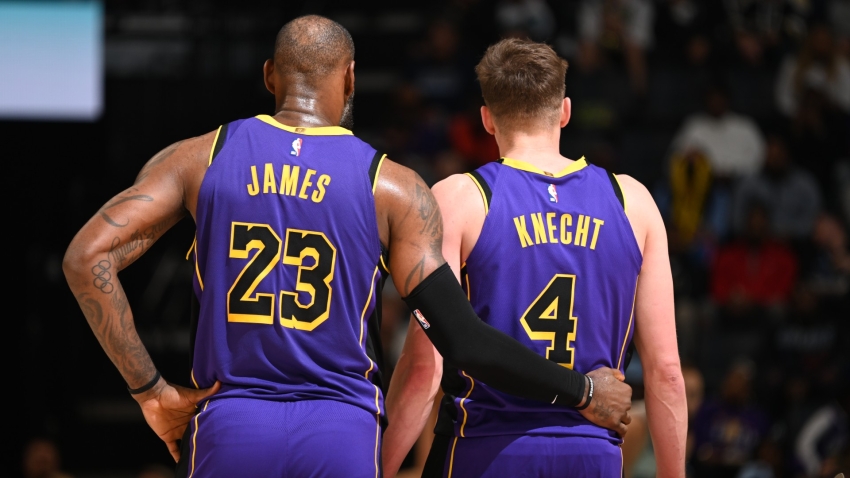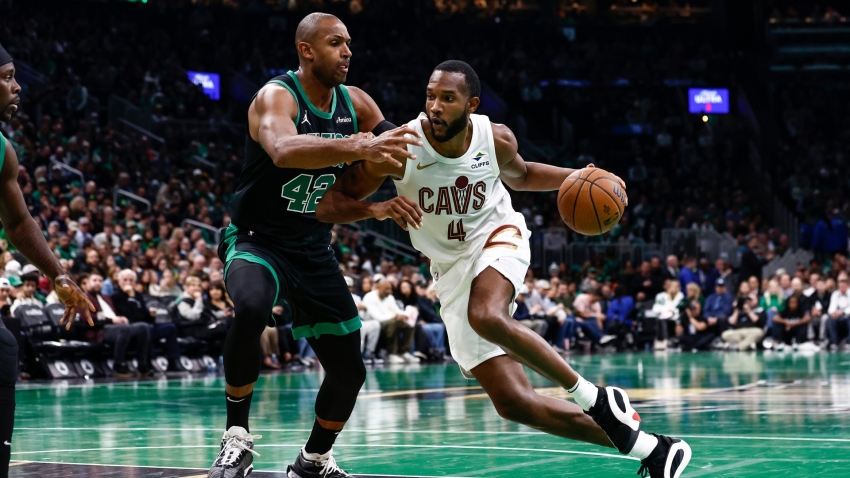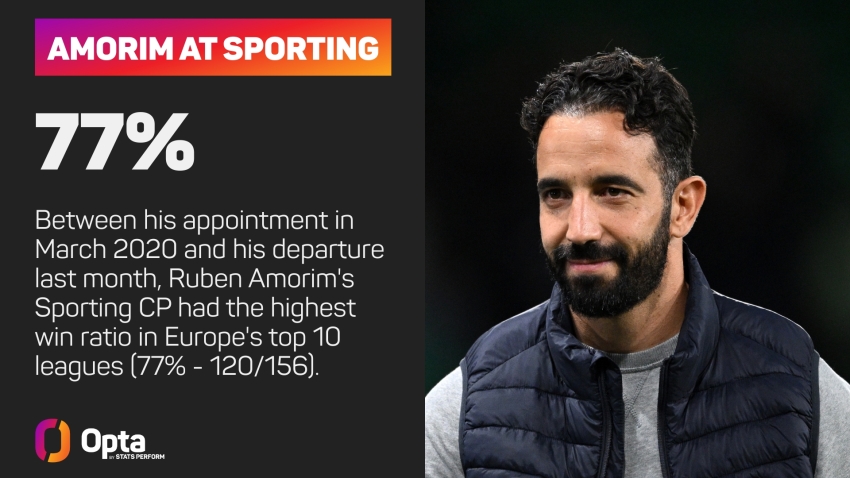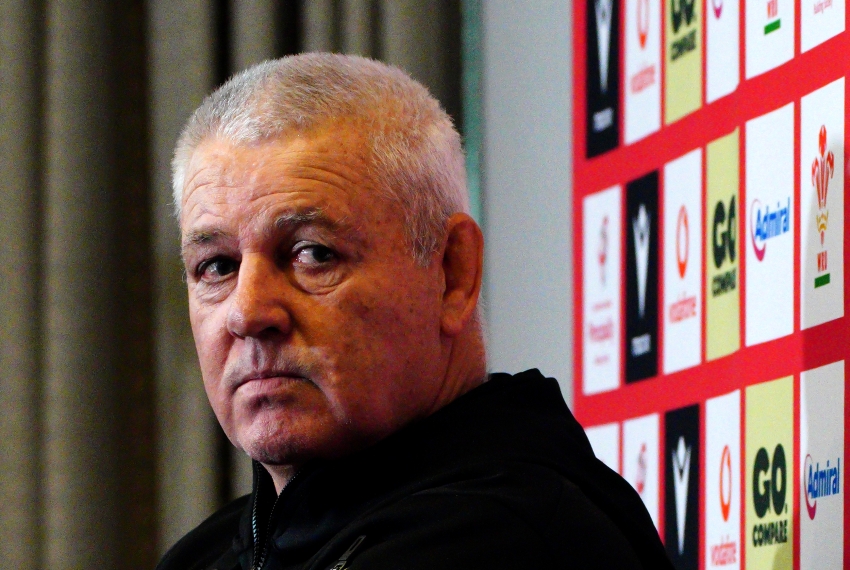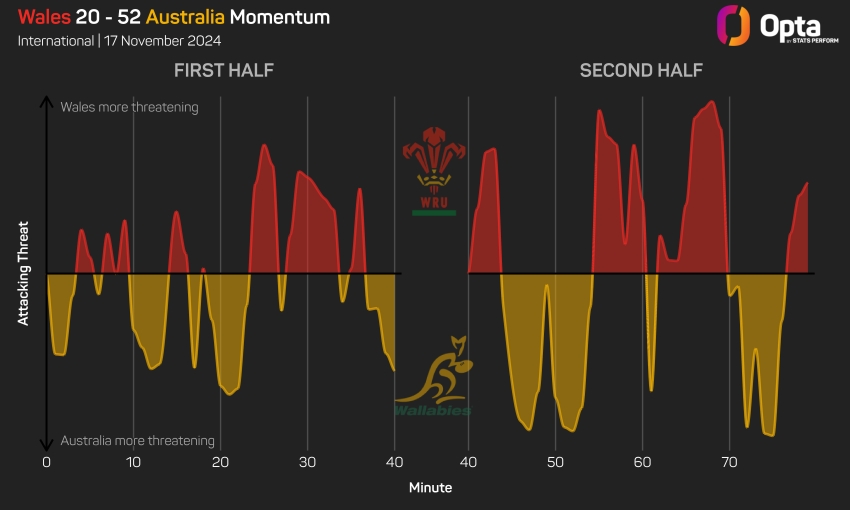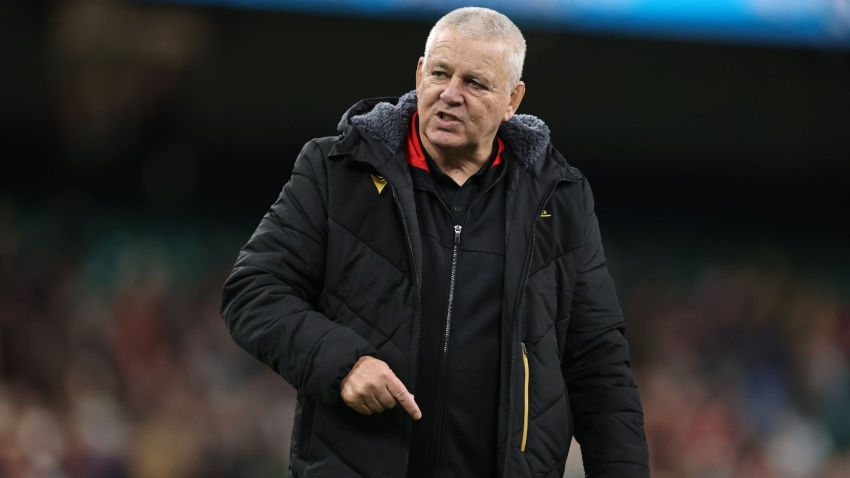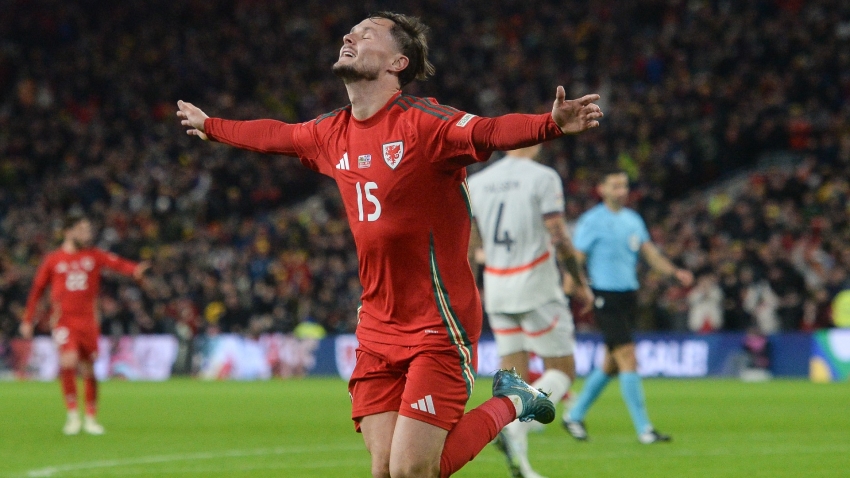The 2024 Guinness Six Nations Championship was ultimately decided by events on the opening night when Ireland beat France in Marseille.
Although the Irish subsequently lost to England at Twickenham, they still successfully defended their title by a margin of five points from runners-up France, while Wales hit rock bottom with a wooden spoon.
Here, the PA news agency looks at five things that were learnt from the tournament.
Ireland back on track after World Cup woe
Ireland emphatically bounced back from familiar Rugby World Cup quarter-final disappointment to underline their status as the northern hemisphere’s top Test side by clinching a second successive championship title.
A record win away to France set the tone for another dominant campaign, with only the finest performance of Steve Borthwick’s reign as England boss – and a last-gasp drop goal – scuppering the pursuit of back-to-back Grand Slams.
Ireland will now turn their attention to backing up widespread claims of being the world’s best. A tantalising two-Test summer series against world champions South Africa should settle that debate. Mouthwatering autumn matches against New Zealand, Argentina, Fiji and Australia will follow before head coach Andy Farrell temporarily departs his role to take charge of the British and Irish Lions.
England find their mojo
Finishing third at the 2023 World Cup was a significant achievement, but Steve Borthwick’s reign has really been given lift-off by the last two rounds of the Six Nations.
Toppling defending champions Ireland was their greatest win of the last four years, and it was in the result only that they failed to back it up against France, losing to a Thomas Ramos penalty with seconds left.
England have their mojo back, emboldened by a new-found appetite for attack, and they can look ahead to their summer tour to Japan and New Zealand with genuine excitement. Given how grim it looked when they were beaten by Scotland at Murrayfield on February 24, it is a remarkable turnaround.
Warren Gatland’s Wales in freefall
Wales have gone from World Cup quarter-finalists to finishing bottom of the Six Nations in just five months as they suffered the ignominy of a first wooden spoon since 2003.
Head coach Warren Gatland said that he offered his resignation – which Welsh Rugby Union chief executive Abi Tierney rejected – immediately after a demoralising home defeat against Italy. It was Wales’ fifth successive loss of a tournament when they ultimately propped up the table by seven points.
Gatland’s post-World Cup rebuilding job is an extensive one, and while there was promise provided by newcomers like Cameron Winnett and Alex Mann, Wales ultimately could not overcome the absence of such key performers as Dan Biggar, Liam Williams, Louis Rees-Zammit, Jac Morgan and Taulupe Faletau. George North has now followed Biggar and Leigh Halfpenny into Test retirement, and Wales’ next game is against world champions South Africa. A long and painful road lies ahead.
A familiar story for Scotland
It was a missed opportunity for Scotland to post their best finish of the Six Nations era after somehow managing to end up with just two wins from five despite being well in contention in each of their matches – and establishing commanding positions in four of them.
Concentration issues proved costly in narrow defeats by France, Italy and Ireland, while they were fortunate not to pay the penalty for an alarming second-half collapse in the opening match against Wales.
Gregor Townsend’s side had chances to put the French away, before being left to rue the officials’ controversial decision not to award them a late match-winning try; they had victory firmly within their grasp in Rome before losing their way badly in the second half; and then in Dublin, a poorly executed lineout in front of their own line ultimately undermined a spirited away performance. Scotland must find a way to cut out the flakiness that continues to hold them back from being considered a truly top-class side.
Italy deserve the highest acclaim
While Ireland were once again crowned kings of the Six Nations, a strong case could also be argued for Italy as team of the tournament.
They might have finished only fifth, but their level of improvement under new head coach Gonzalo Quesada was something to behold. Italy had collected the wooden spoon for eight successive seasons, yet this time around there was a quality, purpose, direction and dynamism about their rugby that underpinned victories over Scotland and Wales, an away draw against France and narrow loss to England.
Michele Lamaro was an an inspired captain, the centre pairing of Juan Ignacio Brex and Tommaso Menoncello proved on a par with any midfield partnership in the competition, newcomer Louis Lynagh looked a Test natural, Paolo Garbisi ran things impressively from fly-half and there was so much better tactical appreciation and execution from Italy than for several seasons. They were a joy to watch.




